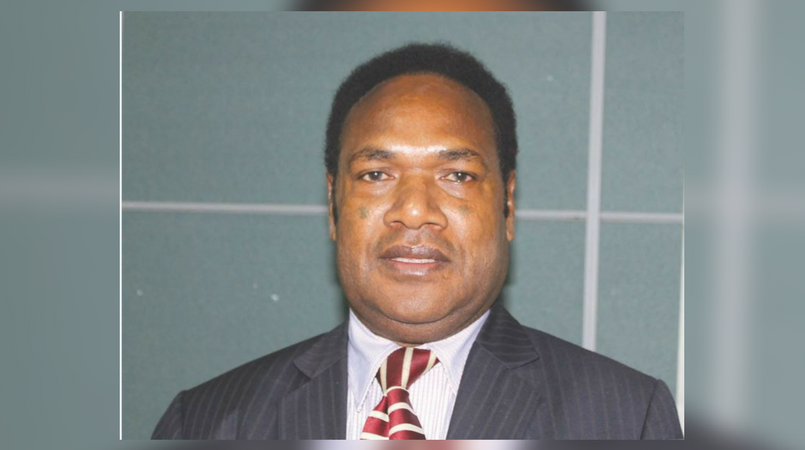
The Secretary for Health Pascoe Kase has urged parents of girls aged 9-14 years that the Cervical Cancer Vaccine called Gardasil is “extremely” safe to take.
Kase made the appeal today (March 4, 2017) while brushing aside false social media alarms about bad effects of the vaccination.
Some people might have mild side effects when they get the vaccine such as pain, redness or swelling at the site of the injection…that usually pass quickly, according to the Health Secretary.
“More severe side effects such as anaphylactic (allergic) reaction are extremely rare. They normally only happen if you’re allergic to an ingredient in the vaccine,” he said.
After the girls have the vaccine, they will be monitored for 15 minutes to make sure they do not have an allergic reaction, according to the Secretary.
“If an allergic reaction does occur, it can be treated quickly and successfully,” he said.
“The risk of suffering any severe reaction after receiving the vaccination is much lower than the risk of dying of cervical Cancer later in your life,” Kase said.
“The Cervical Cancer Vaccine is extremely safe and effective and fully endorsed by the PNG National Department of Health, UNICEF and the World Health Organisation,” he said.
“It is safe as all other vaccinations currently provided in PNG and it has been proven to prevent most types of cervical cancer,” he said.
The secretary said the vaccination was tested on more than 20,000 females in 33 countries and 4,000 males in 18 countries before it was approved for use more than ten years ago.
“With the introduction of the Cervical Cancer Vaccination, the most common cancer in women in PNG can now be prevented, he said.
“Not providing the vaccine means allowing more girls and mothers today of cervical cancer in the future,” Kase said.
The Health Department urged the people of this nation to relay the facts on any mediums of communication and help our girls to be vaccinated.
The vaccination program for the country is piloted in the National Capital District primary schools starting this month.
